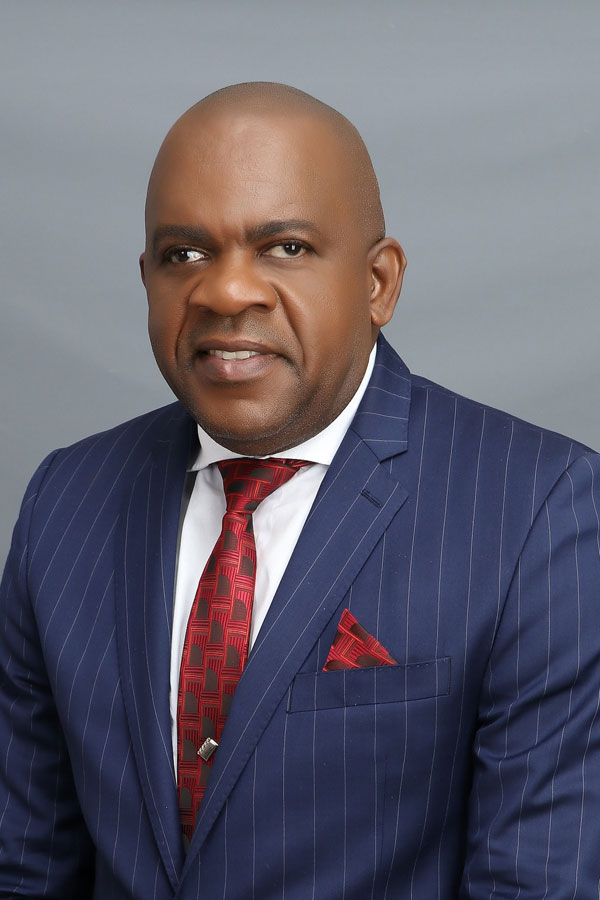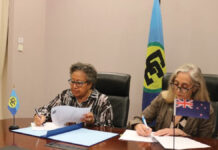CARICOM Special Rapporteur on Disability appointed.

The Caribbean Community (CARICOM) has appointed a Special Rapporteur on Disability, as it works towards an inclusive Region for persons with disabilities. The Thirty-Fifth Meeting of the Council for Human and Social Development (COHSOD) – Health, in September 2018, endorsed the recommendation that Senator Dr. Floyd Morris be appointed to the position, and “urged Ministries of Health to facilitate the Special Rapporteur in the conduct of his duties at the national level”.
Dr. Morris is currently the Director of the University of the West Indies (UWI) Centre for Disability Studies, in Mona, Jamaica. The CARICOM Special Rapporteur holds a PhD in Government with special focus on Political Communication, and has done extensive research on persons with disabilities in Jamaica and the wider Caribbean. He led the negotiations for Jamaica at the United Nations on the Convention on the Rights of Persons with Disabilities (CRPD) between 2002 and 2006 and eventually signed and ratified the Convention in 2007, enabling Jamaica to be the first country in the world to do so.
In December 2013, in response to a mandate from the Conference of Heads of Government, the CARICOM Secretariat, in collaboration with the Government of Haiti, convened a high level meeting to examine the situation with regard to people with disabilities and to chart the way forward for an inclusive Region.
Among the outcomes of that meeting was a political document, the Pétion-Ville Declaration, which identified a number of actions for advancing the goal of an inclusive society for persons with disabilities. The appointment of a CARICOM Special Rapporteur on Disability, and the creation of a network for regular consultation among representatives of the regional community working in the interest of persons with disabilities, are among those.
The CARICOM Special Rapporteur on Disability will monitor and assess the implementation of the Pétion-Ville Declaration, in an effort to advance progress towards a disability inclusive society for all in CARICOM Member States.
In accepting the responsibility, the CARICOM Special Rapporteur indicated his commitment to the “huge task” ahead and pledged to work diligently with the CARICOM Secretariat, governments in the Region and the Advisory Committee to make the Caribbean a more participatory, inclusive and non-discriminatory society for persons with disabilities.
“To whom much is given, much is required and I am prepared to strongly advocate for improvements for my brothers and sisters with disabilities throughout the Caribbean”, he said.
Globally, one of the largest vulnerable populations comprise persons with disabilities. According to the World Health Organisation (WHO), “over a billion people, about 15 per cent of the world’s population, have some form of disability; between 110 million and 190 million adults have significant difficulties in functioning and rates of disability are increasing due to population ageing and increases in chronic health conditions among other causes”.





